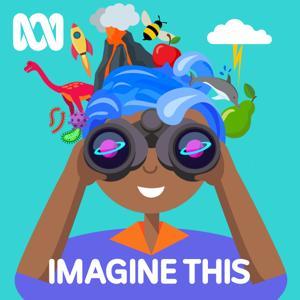Terms like "Gen Z", "Boomer" and "Millennial" are popular, but they have no basis in science. Demographers and social scientists are now pushing back.
Generational labelling, they argue, is akin to Astrology and while politicians, journalists and media influencers find them irresistible, they actually promote pseudo-science, sew social division and can reinforce prejudicial stereotypes.
So why are generational labels so popular?
Original broadcast on February 9, 2025.
Guests
Professor Bobby Duffy — Director of the Policy Institute, King's College London. Author of The Generation Myth.
Professor Philip Coen — Professor of Sociology, University of Maryland
Professor Crystal Abidin — digital anthropologist and ethnographer of vernacular internet cultures, Curtin University
Professor David Costanza — Professor of Commerce, University of Virginia
Further information
Philip Coen’s open letter to Pew Research Center on generation labels
Pew Research Center's response



































